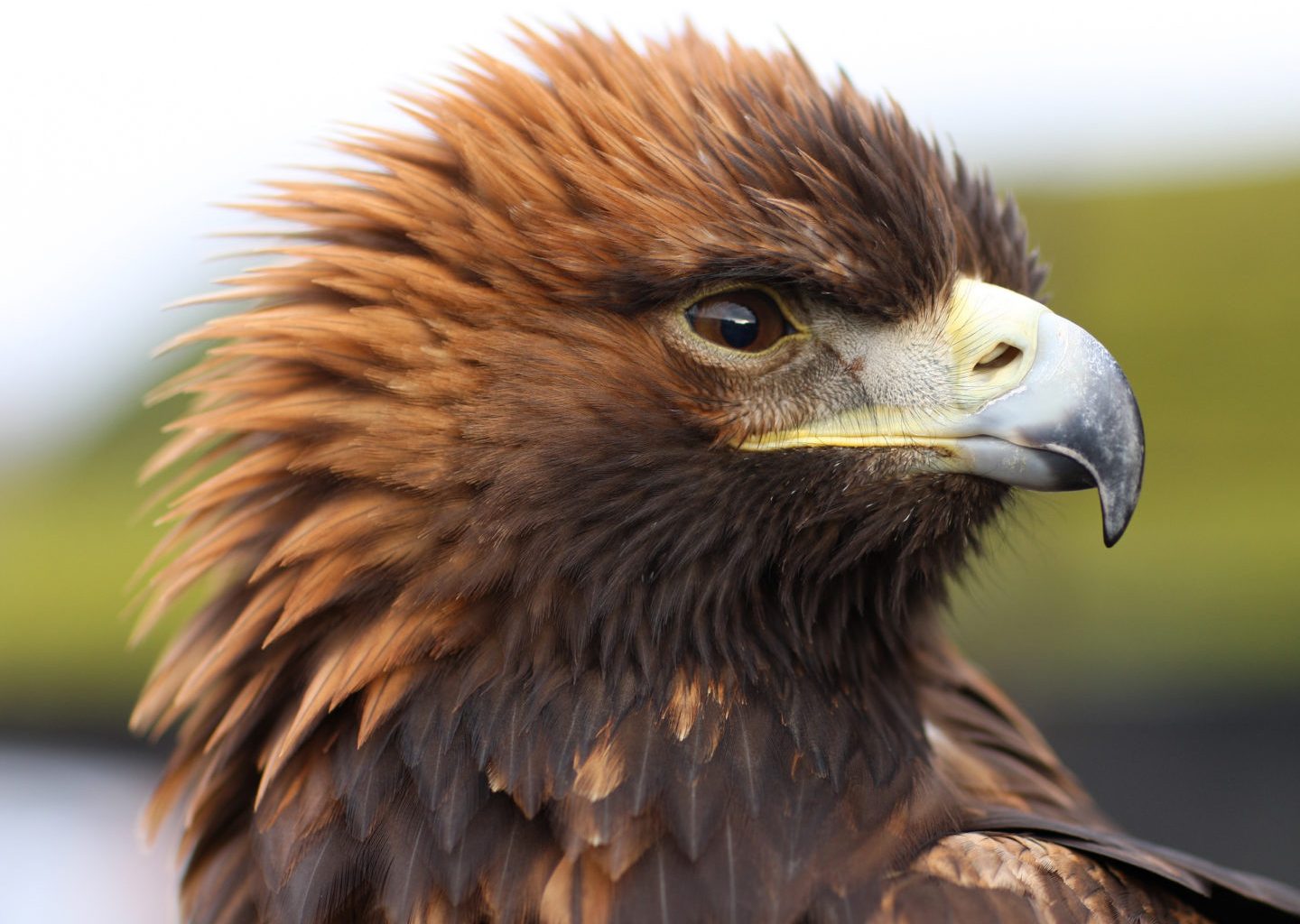Thousands of sites used by birds of prey will go unmonitored for the first time in almost two decades due to the coronavirus crisis, prompting fears that more birds will be killed illegally.
Wildlife groups have warned that the lack of monitoring will give criminals opportunities to shoot, poison or trap raptors such as eagles and hen harriers. Large parts of the countryside are also empty of walkers because of the Covid-19 lockdown.
Landowners and gamekeepers on upland sporting estates have often been accused of persecuting birds of prey to prevent them taking grouse. They aim to keep grouse numbers high so there are plenty to be shot by paying guests.
Now restrictions introduced to help prevent the spread of coronavirus have stopped experts from regularly checking on sensitive nesting sites. The Scottish Raptor Monitoring Scheme has ceased because fieldwork is not deemed “essential” during the crisis.
The scheme’s contributors – including over three hundred licensed bird of prey experts from the Scottish Raptor Study Group (SRSG) – have been instructed to stay at home until further notice.
This means that around 6,000 raptor sites, many of which have been checked every year since 2002, may not be monitored at all in 2020.
“SRSG is very concerned about the probable increase in incidents of raptor persecution during the lockdown,” said the group’s communications secretary, Logan Steele.
“In particular on driven grouse moors, gamekeepers will be under less scrutiny from raptor workers and recreational visitors and so will effectively have a free hand.”
He added: “The two species most at risk are hen harriers and golden eagles which are perceived to pose the greatest risk to grouse stocks and are routinely shot, trapped or poisoned.”
The outbreak of foot-and-mouth disease in 2001 triggered restrictions on access to the countryside similar to the coronavirus lockdown. It coincided with poor breeding years for some raptor species.
It was “strongly suspected” at the time that some gamekeepers had taken the opportunity to increase the levels of persecution, recalled Steele. But it was “difficult” to be certain because of other variables such as the weather and the availability of prey.
Birds of prey ‘will be killed’
The Royal Society for the Protection of Birds (RSPB) in Scotland was also worried about what was going to happen in intensive shooting areas for game birds.
“The RSPB is very concerned that those who continue to illegally target protected birds of prey in our countryside will feel more confident that their activities will go undetected,” said the society’s head of species and land, Duncan Orr-Ewing.
“Raptor persecution has continued unabated with numerous well-publicised cases of shootings, illegal trap use and other crimes both north and south of the border despite the driven grouse shooting industry being under intense scrutiny – particularly in Scotland where the government has just published the findings of a three year review of grouse moor management.”
Eagles at risk as landowning lobby delays move to license grouse shooting
Orr-Ewing also highlighted what had happened during the foot and mouth restrictions in 2001. “Entire local breeding populations of some birds of prey species disappeared during that one year,” he said.
“We don’t believe that under the current circumstances of significantly reduced public access to our uplands, anyone is naive enough to think that wildlife criminals won’t be making the most of this opportunity to kill any species they perceive to be a threat, with a minimal chance of their crimes being witnessed or detected.”
Recent research aiming to identify patterns of wildlife crime supports the suggestion that hen harriers and golden eagles are most at risk. Data from 58 satellite tracked birds concluded in 2019 that “hen harriers in Britain suffer elevated levels of mortality on grouse moors, which is most likely the result of illegal killing.”
A report published in 2017 by the government’s wildlife agency, Scottish Natural Heritage, analysed the fates of 131 satellite tracked young golden eagles. It found that 41 disappeared under suspicious circumstances, and blamed illegal persecution “as a major reason why Scotland’s golden eagle population is artificially restricted”.
The Scottish Gamekeepers Association (SGA) said that the concerns raised were “not worthy of a comment”. The association has previously disputed claims about the illegal persecution of raptors of grouse moors.
The SGA has told members who “live and work on their own ground and whose work takes place in isolated situations” that they can carry out “essential work”. A spokesperson told The Ferret that this included “predator management” – including checking snares and traps every 24 hours – where it can be done in line with government guidance on social distancing.
SGA chairman, Alex Hogg, is trying to prevent people driving to take exercise on the estate where he lives and works in the Scottish Borders. He reported on his blog on 3 April that he had erected signs threatening to record the registration numbers of cars left unattended and report them to Police Scotland.
Header image thanks to iStock/scooperdigital.















Seriously?
What a rediculous story. I have only just subscribed hoping for a better level of journalism and you publish this agenda driven baseless rubbish.
These accusations have been made for years and despite all of the monitoring and huge network of people watching estates there is very very lite evidence of criminality and virtually no prosecutions.
Sorry, are you kidding? Did you miss the two paragraphs referencing the scale of illegal raptor persecution in the UK?
You subscribed to pedal the same misinformation you do on your multiple accounts on twitter. The evidence of raptor persecution on driven grouse moors is there for all to see, both in peer reviewed research and patterns of sudden disappearance.
game keepers are scum of the earth